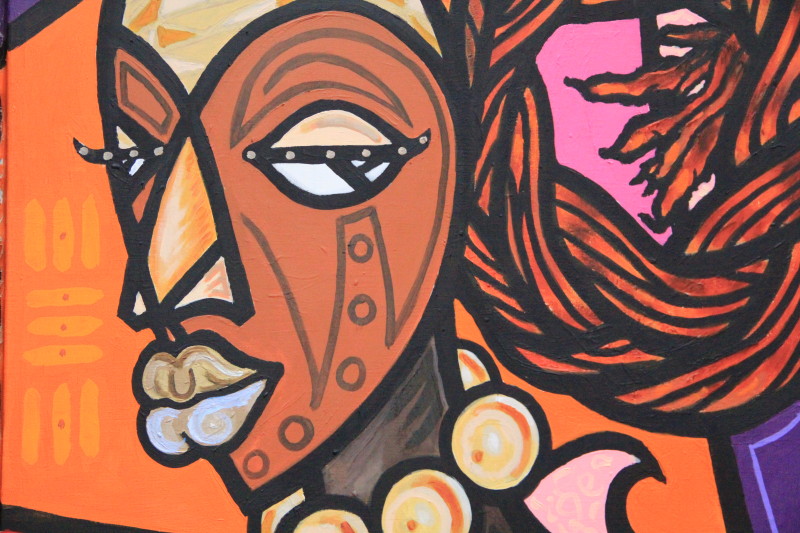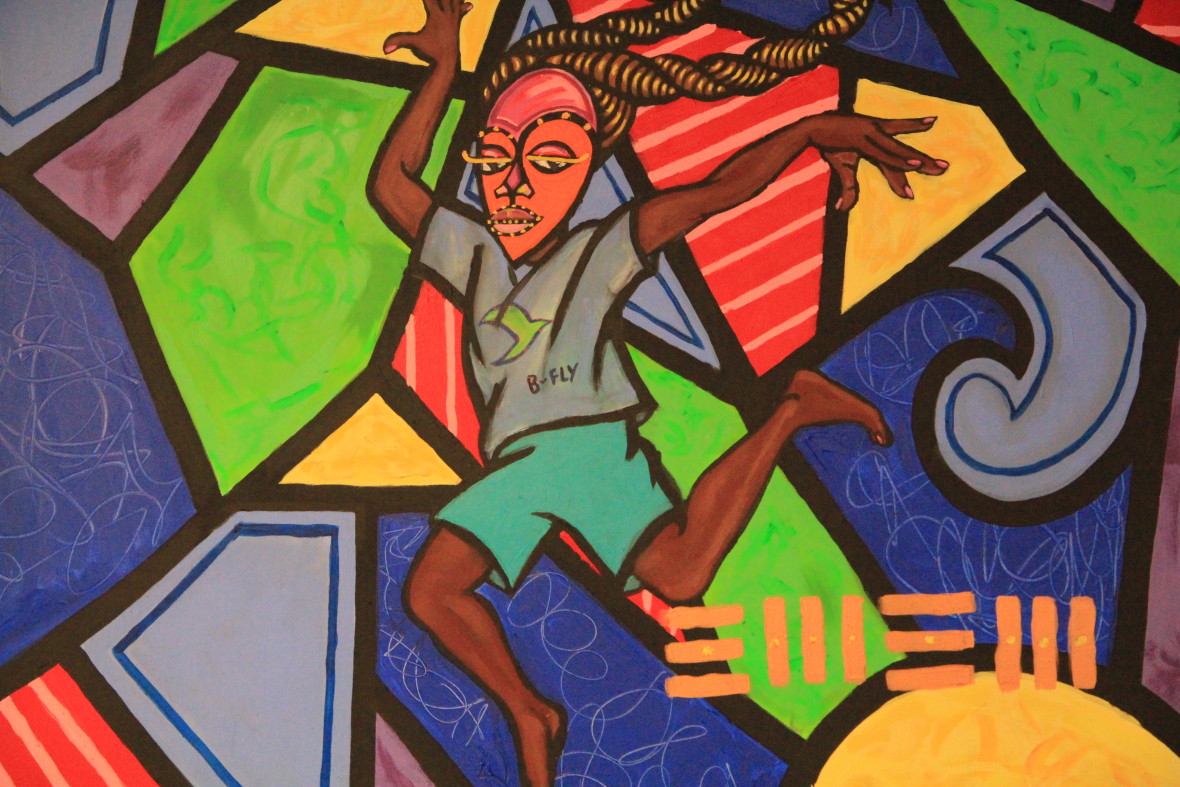It’s February, and all across the U.S., events celebrate Black History Month to honor African-American contributions to society. In Oakland, the country’s most diverse city, celebrations come with an added importance of remembering history and the importance of the visual image.
Photographs are powerful. They are also personal. For Thomas Allen Harris, the family photo album has been a source of inspiration, as well as a point of collaboration and conversation. In his most recent film, Through a Lens Darkly: Black Photographers and the Emergence of a People, Harris interweaves his own story into the history of African-American photographers in the United States. An award-winning filmmaker, Harris has made films for the past 20 years using his family narrative as a point of departure.
Harris, who grew up in the Bronx and Dar es Salaam, Tanzania, is deeply interested in family histories and how they intersect with the public record. At a young age, Harris sat on the knees of his grandfather, enjoying the stories of his family. Many of his previous films, in fact, have been tied to familial themes: Families of Value (1995) takes a deeper look at black families through the lens of queer siblings; É Minha Cara/That’s My Face (2001) is a queer “mythopoetic” journey through the African diaspora; and Twelve Disciples of Nelson Mandela (2004) was inspired by the passing of his South African stepfather, whose “weapon of choice was the camera,” Harris says.
With Through a Lens Darkly, Harris’ aim was to create a film based on Deborah Willis’ book, Reflections in Black: A History of Black Photographers, 1840 to the Present. The film is not just about black photography; on the phone from the East Coast, Harris describes it as “a war of images in the American family album.” As the end product of over seven years of extensive research and sifting through more than 15,000 photographs from institutional archives and professional photographers, in addition to 6,000 images from personal archives, the film uses about 950 images. Six months before the film was finished, Harris decided to put his own story into the film. “In many ways, it explodes notions of documentary,” he says.



